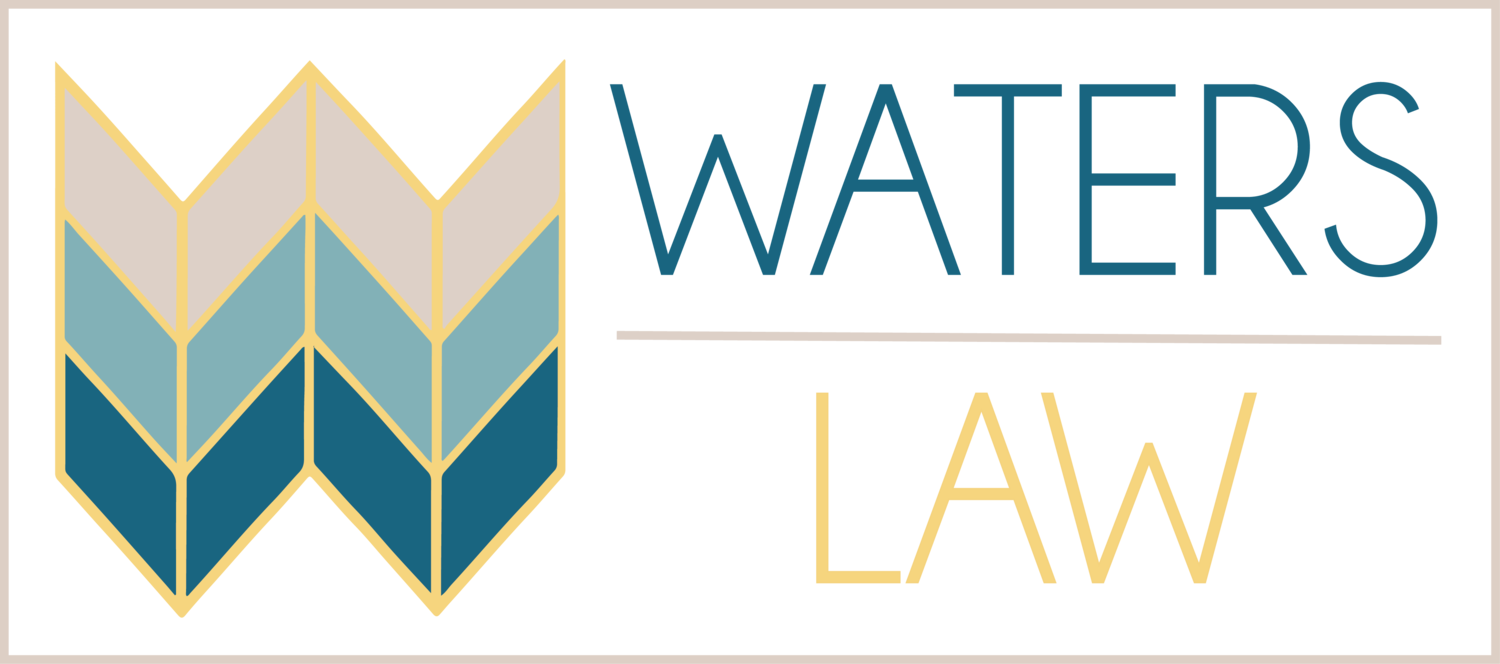Why Everyone Needs an Estate Plan
When people hear the term estate planning, many assume it’s only for the wealthy or elderly. The reality? Everyone—regardless of age, income, or family structure—can benefit from having a well-crafted estate plan.
Whether you're a young professional, a growing family, or enjoying retirement, having a plan in place can protect your loved ones, preserve your assets, and give you peace of mind. Here's why estate planning isn’t just important—it’s essential.
1. Protect Your Loved Ones
One of the most important reasons to create an estate plan is to ensure your loved ones are taken care of after you're gone. This includes:
Naming guardians for minor children
Providing financial guidance and support to family members
Avoiding disputes among heirs over who gets what
Without a plan, these decisions are left to the courts—which may not align with your wishes.
2. Avoid Probate (or Make It Easier)
Probate is the court-supervised process of distributing your assets. It can be time-consuming, expensive, and public. A good estate plan can:
Help your estate avoid probate entirely
Streamline the process for your Administrator and beneficiaries
Keep your personal matters private
Using tools like trusts and beneficiary designations can make things far easier for those you leave behind.
3. Maintain Control Over Your Healthcare and Finances
Estate planning isn’t just about what happens after death. It also allows you to plan for the unexpected during your lifetime:
A Durable Power of Attorney lets someone you trust handle your finances if you're unable to do so
A Healthcare Power of Attorney and Living Will make your medical wishes clear if you can’t speak for yourself
These documents can prevent confusion, conflict, and added stress during a crisis.
4. Reduce Taxes and Preserve Your Legacy
While not everyone is subject to estate taxes, smart estate planning can reduce or eliminate unnecessary costs and taxes for your heirs. More importantly, it ensures your assets are distributed in a way that reflects your values, such as:
Supporting a charity or cause you care about
Leaving specific gifts to loved ones
Creating long-term support for a child or relative with special needs
5. Plan for Unique Family or Financial Situations
Modern families often have unique dynamics—blended families, unmarried partners, or loved ones with disabilities. A one-size-fits-all approach won’t protect your interests. An estate plan can be tailored to:
Prevent disinheriting children from a prior marriage
Protect assets for a partner who wouldn't inherit otherwise
Provide for a child with special needs without disrupting government benefits
6. Peace of Mind
At the end of the day, an estate plan offers peace of mind—for you and your family. You’ve taken the time to get your affairs in order, to express your wishes clearly, and to protect the people who matter most.
Don’t Wait to Plan
Estate planning isn’t a task for “someday.” Life is unpredictable—and the best time to plan is before you need to. Whether you’re just starting out or updating an existing plan, a qualified estate planning attorney can help you build a plan that fits your needs, goals, and life stage.



